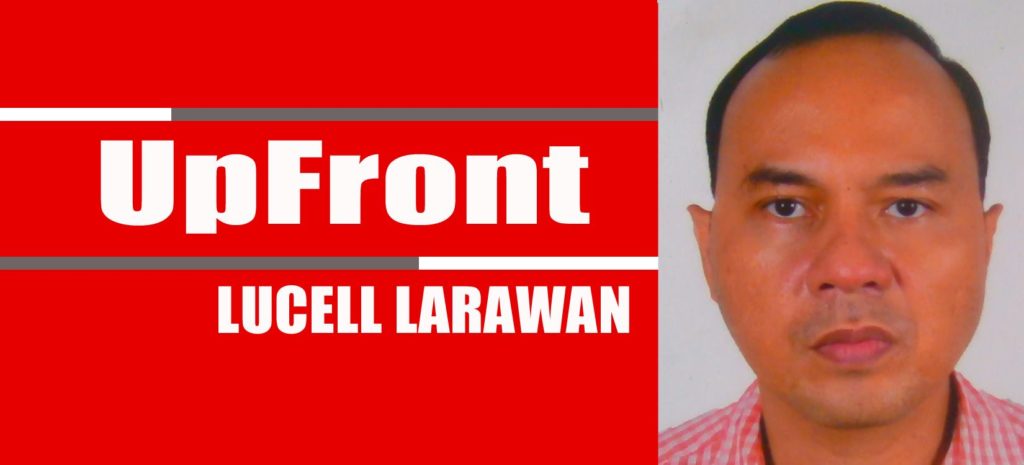
LET’s talk about a political trainwreck so spectacular it would make Shakespeare weep and political scientists drink.
The Philippine political landscape isn’t just fractured—it’s been dynamited from the inside, with Vice President Sara Duterte and President Ferdinand Marcos Jr. standing at the epicenter of a destruction they seemingly can’t—or won’t—stop. This isn’t just a disagreement. This is a full-blown political apocalypse, served cold with a side of dynastic ego.
Cast your mind back to 2022. The election was a carefully choreographed dance of political families—the Dutertes and the Marcoses—two legendary clans that seemed to have found a sweet spot of mutual accommodation. They weren’t just allies; they were a power fusion that looked unbreakable. Newsflash: Nothing in Philippine politics is unbreakable.
The honeymoon ended faster than a reality TV marriage. Duterte’s removal from the Education Secretary position wasn’t just an administrative shuffle—it was a surgical political strike. Imagine being publicly stripped of your cabinet position, your power neutered in front of an entire nation. That’s not just a professional setback. That’s a declaration of war.
And war it became.
Duterte’s declaration that they’ve reached a “point of no return” isn’t just rhetoric. It’s a nuclear-level political statement that reverberates through every corridor of power in Manila. This isn’t about education policy or governmental efficiency anymore. This is personal. This is tribal. This is two political dynasties locked in a death match, with the entire Filipino population as unwilling spectators.
Let’s break down the collateral damage, shall we?
Economics don’t exist in a vacuum. When political leadership looks like a cage match, investors get nervous. Foreign capital doesn’t just walk away—it sprints. Every public spat, every strategic takedown, every passive-aggressive press conference becomes a giant “KEEP OUT” sign for potential investments.
The education sector—Duterte’s former domain—is a perfect microcosm of this governmental schizophrenia. How do you implement educational reforms when the person previously responsible for those reforms is now persona non grata? Students become political pawns. Teachers become collateral damage. An entire generation’s educational trajectory becomes a footnote in a power struggle.
Democracy isn’t just about elections. It’s about governance. It’s about the boring, unglamorous work of solving actual problems. But when leaders are more interested in scoring personal points than solving national challenges, democracy becomes a grotesque performance art.
This isn’t unprecedented in Philippine history. Political dynasties have always been more soap opera than governance. The Dutertes. The Marcoses. The Aquinos. These aren’t just families. They’re brands. They’re narratives. They’re mythologies that consume actual governance.
But here’s the brutal truth: The Filipino people are not a captive audience. They are not passive consumers of this political theater. Every moment of this feud is a moment stolen from addressing poverty, from creating economic opportunities, from building infrastructure, from solving the real, grinding challenges that define daily life for millions.
Duterte and Marcos Jr. seem to have forgotten a fundamental rule of political leadership: Your personal beef is not the nation’s problem. Your dynastic pride is not a national asset.
To the citizens watching this unfold: Your power is not in silent acceptance. Your power is in demanding accountability. Your power is in refusing to let personal vendettas define national progress.
A house divided against itself cannot stand. And right now, the house of Philippine governance is not just divided—it’s being systematically dismantled by the very people sworn to protect it.
This is not just a political crisis. This is a failure of imagination. A failure of leadership. A failure to understand that governance is not a zero-sum game where winning means someone else must lose.
The Philippines deserves better than this political melodrama. It deserves leaders who understand that their primary responsibility is not to their family name, not to their personal ambitions, but to the 110 million souls who call this archipelago home.
Are you listening, Duterte? Are you listening, Marcos?
The nation is watching. And it is not applauding.

